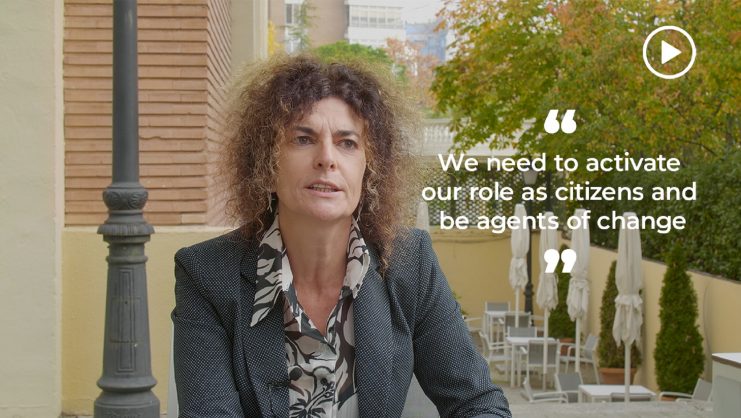Over the course of the last seven years, Spain has consolidated its position as one of the world’s most attractive tourist destinations, drawing the second-highest number of tourists of any country in 2019, according to the World Tourism Organization. This continued growth is partly a consequence of the geopolitical instability in the main competing destinations of the Eastern Mediterranean. In 2019, Spain received 83.7 million travelers, who spent more than €92.2 billion in the country. Tourism is indeed one of the most dynamic sectors of the Spanish economy: related activities generated 13.5% of total employment and contributed 12.5% of GDP in 2019.
It became clear, however, that after many weeks in lockdown and closed borders due to the coronavirus, Spain’s tourism sector would not emerge from 2020 unscathed. Tens of billions of euros in losses are expected and there has been an 81.9% year-on-year drop in social security enrollment and tourism-related jobs in several of the country’s autonomous regions. In June, there was 97.7% fewer foreign tourists than the previous year and 98.6% lower spending, according to data from the FRONTUR survey of the INE.
The coronavirus has hit the entire world hard, and particularly Spain where tourism heavily contributes to the economy. The Independent Authority of Fiscal Responsibility (AIReF) foresees a drop in GDP this year of between 10.1% and 12.4% depending on the duration of the epidemic and a possible resurgence. Knowing this, and knowing the fragility of an economic system so dependent on tourism revenue, it would behoove the Spanish government to take effective measures to conserve the country’s natural ecosystems. For example, eight out of ten tourists visit coastal areas, and these are in need of preservation. If not simply out of obligation to the care of our planet, Spain should increase conservation efforts in order to stem the loss of tourism revenue to those competing destinations with better environmental conservation such as Mexico and Thailand.
In Spain, the environmental effects of mass tourism, poorly regulated industrial activity, and irresponsible behavior are beginning to make themselves felt. One of the main tourist destinations in the south-eastern region of Murcia, the Mar Menor, is losing visitors in huge numbers due to the worsening condition of the lagoon there. The polluted state of this lagoon is one of the most serious ecological crises in Spain and one that, without immediate attention, will jeopardize the region’s economy and social welfare. Tourism is essential to this region of Murcia where, in August 2019 alone, tourism created €178 million and generated 20 jobs every day.
A major global health crisis was not at the top of anyone’s agenda, despite experts’ warnings of the consequences that the mass destruction of natural habitats poses to biodiversity. For years, the world has put environmental health on the back burner because we have been consumed by other, more short-term crises that have demanded our immediate attention. But, it is now impossible to ignore what experts have long agreed on: that there is a link between deforestation, loss of biodiversity, and the risk of transmission of infectious diseases. The Amazon is a clear example, where exposure to sunlight from humid (formerly shady, tree-covered) areas facilitates the spread of the malaria-transmitting mosquito. Similarly, the intensive agriculture of the United States is facilitating the spread of the American blackbird, a preferred host of the West Nile virus.
We are beginning to exist in a world of mixed concepts previously believed to be unconnected, witnessing the creation of a series of processes – governmental, economic, immigration, health, the list goes on – that will shape society in the years to come. We must ask ourselves which qualities and knowledge will we need in order to prosper under this new world order. The educational system (at all levels) must be the main engine in building an ethical, unified, and responsible society, based on values that understand the ‘public’ as a space where the common good and the dignity of every human being are protected.
The Hungarian philosopher Ervin László wrote: “Everything is connected and nothing disappears.” His idea is that earth is like a spaceship with a crew of 7 billion people; it receives energy from the sun but not matter. Therefore, the rule is simple: we must recycle, live in harmony among ourselves and with the planet, and create a more ethical culture.
© IE Insights.






